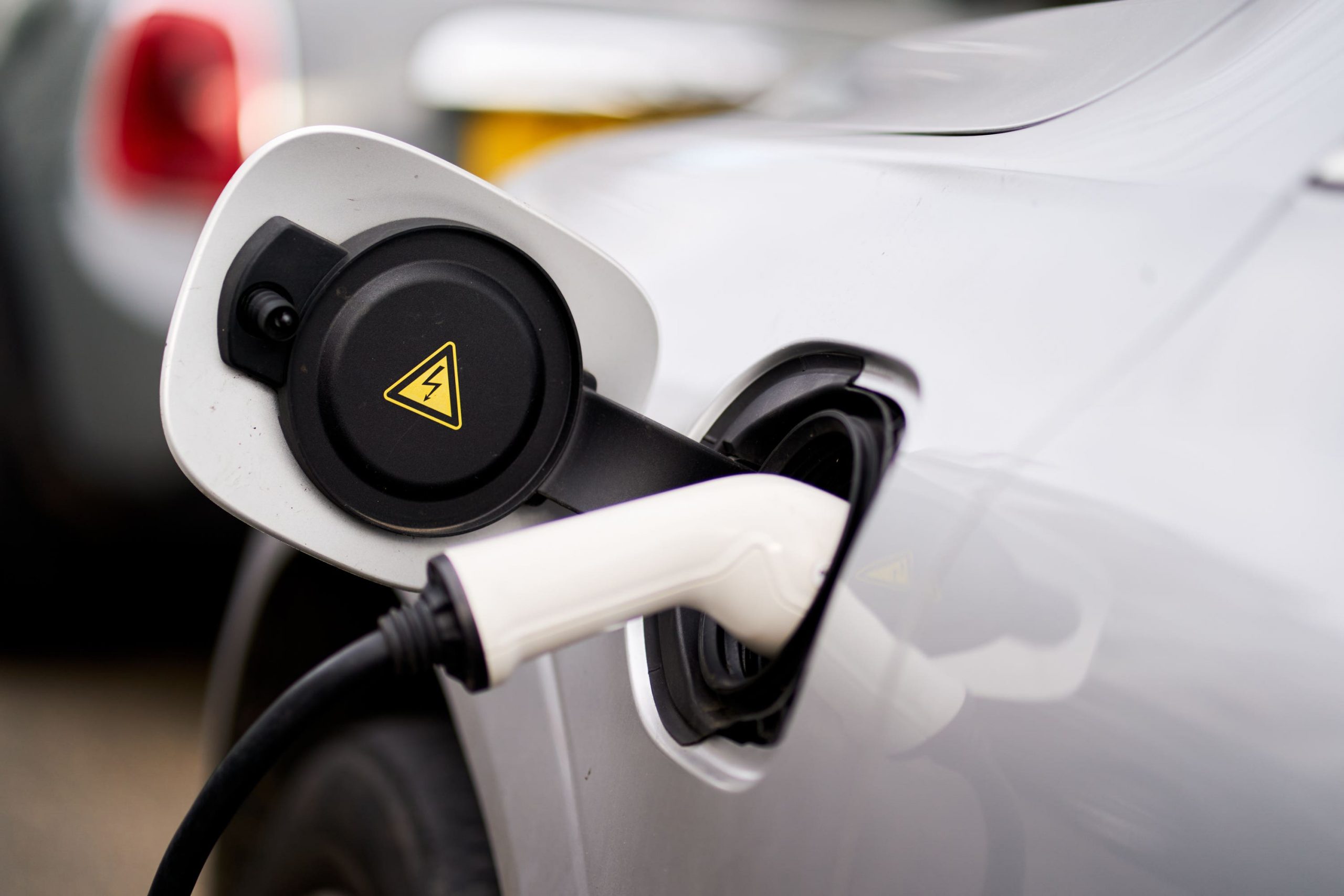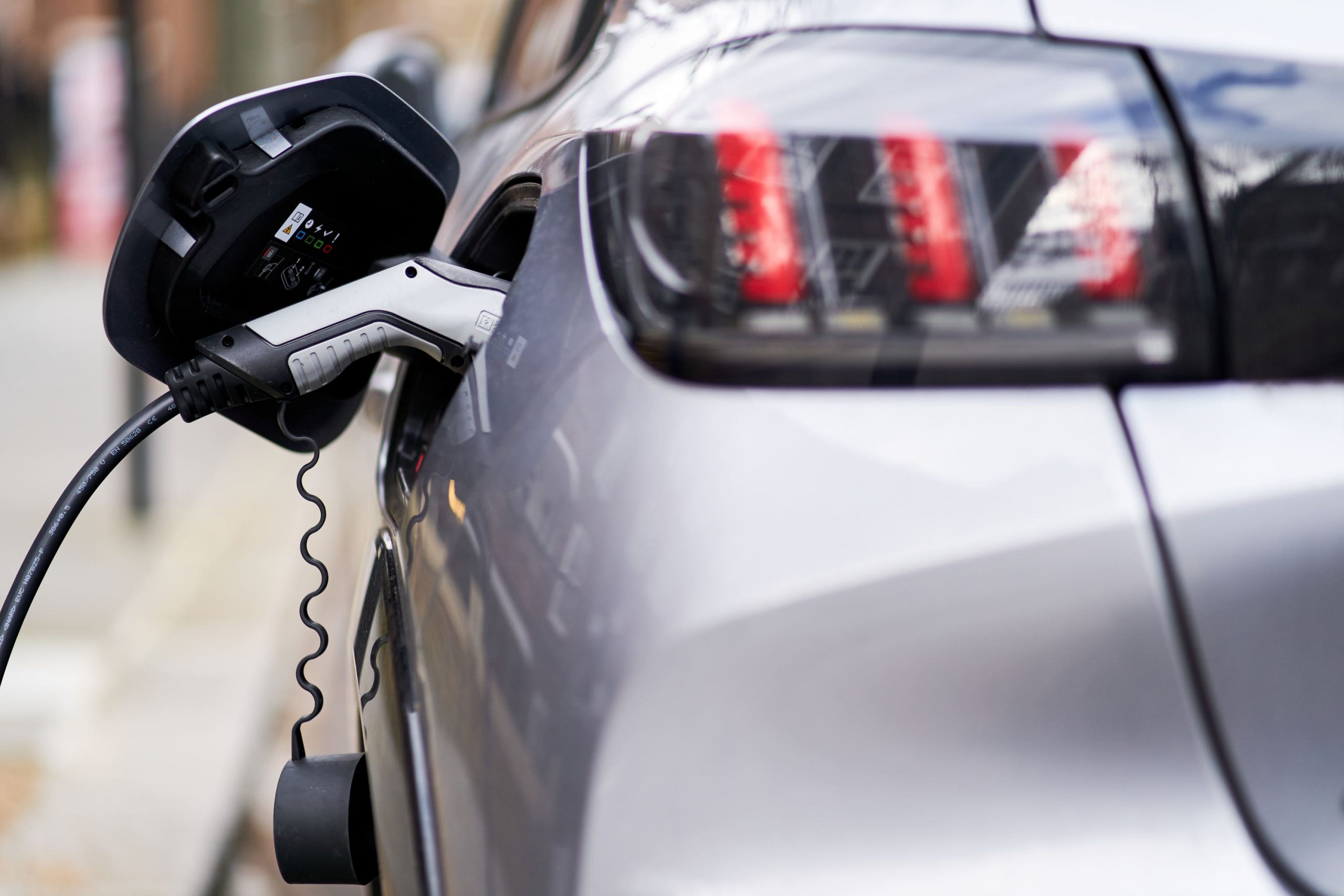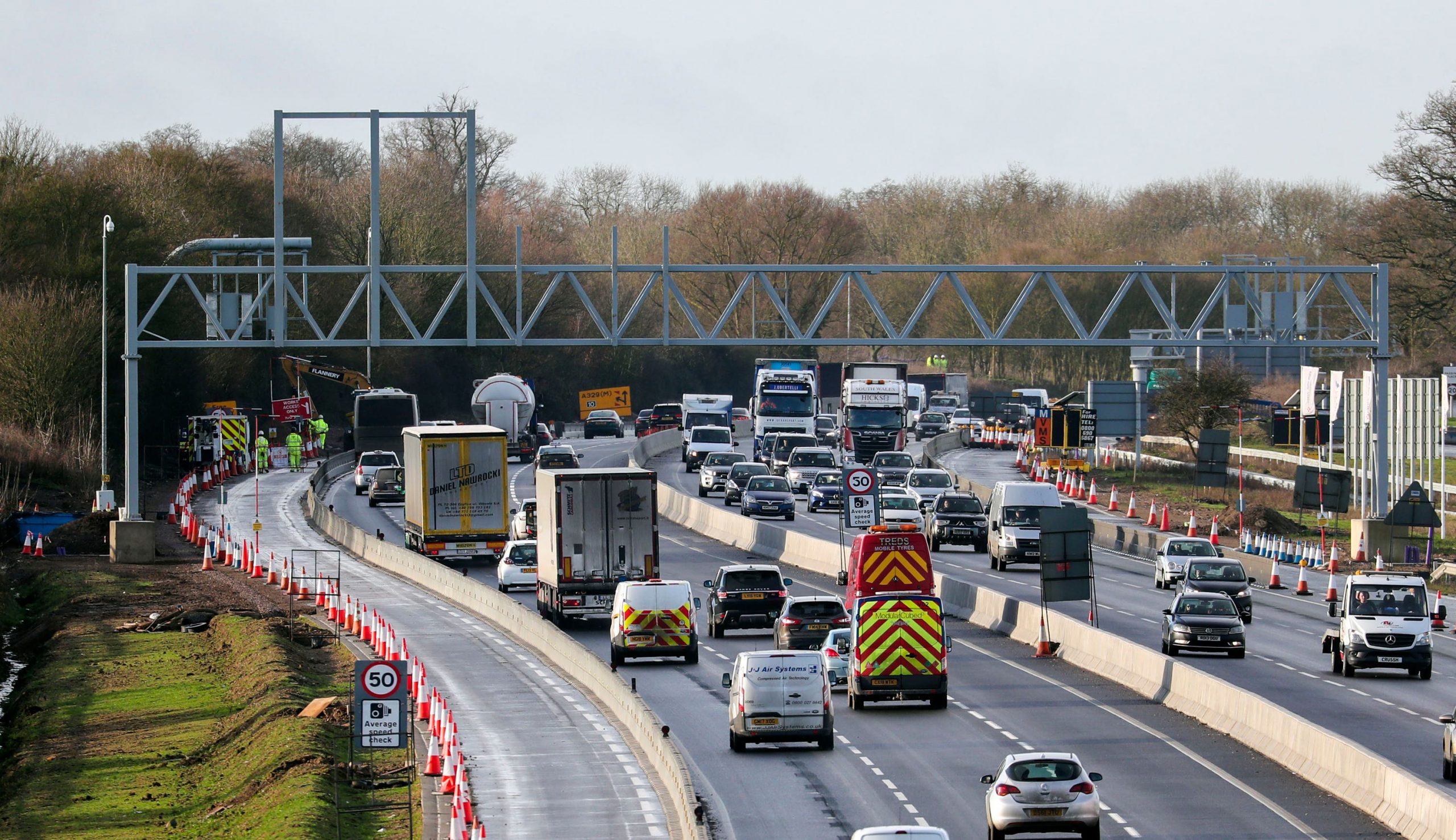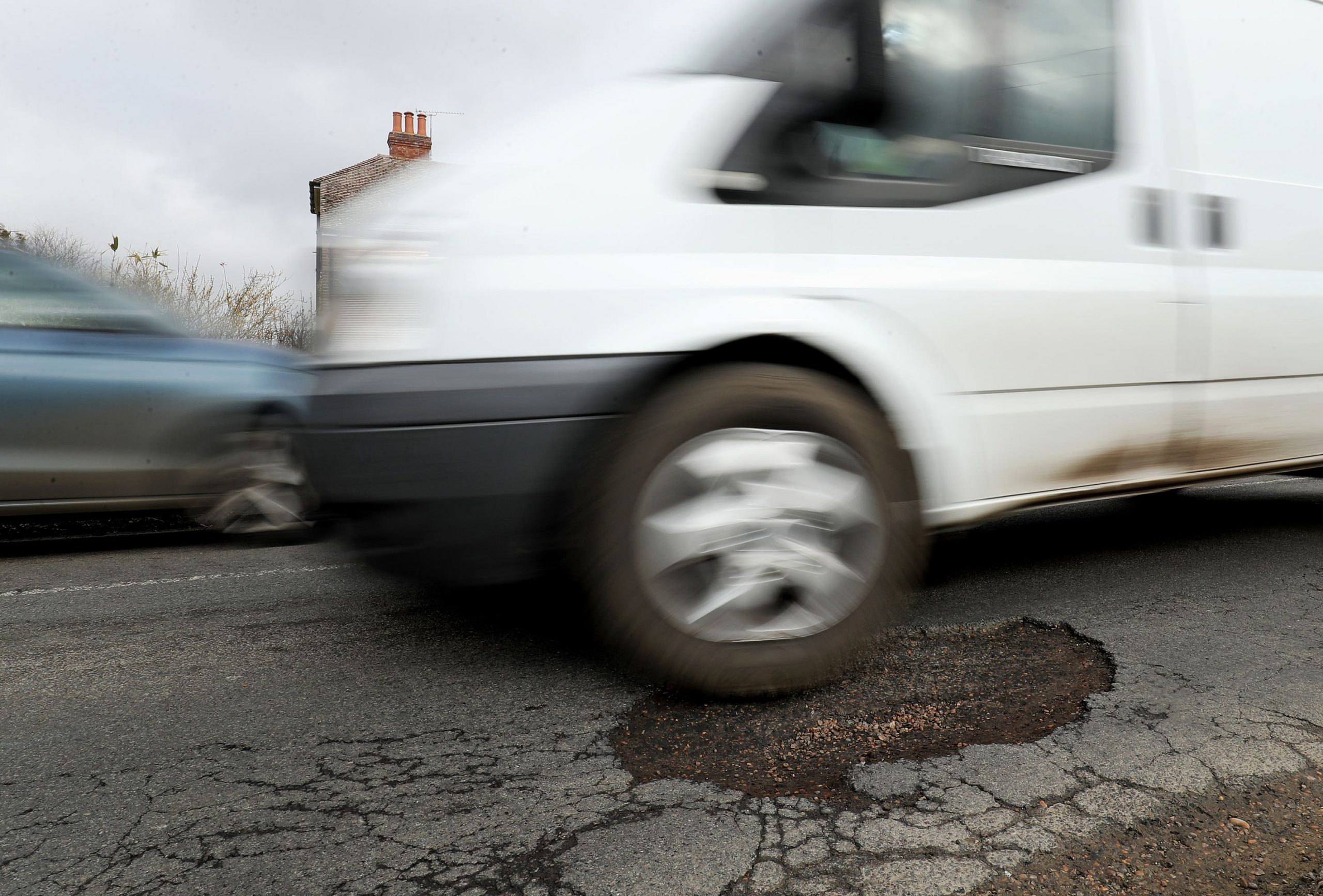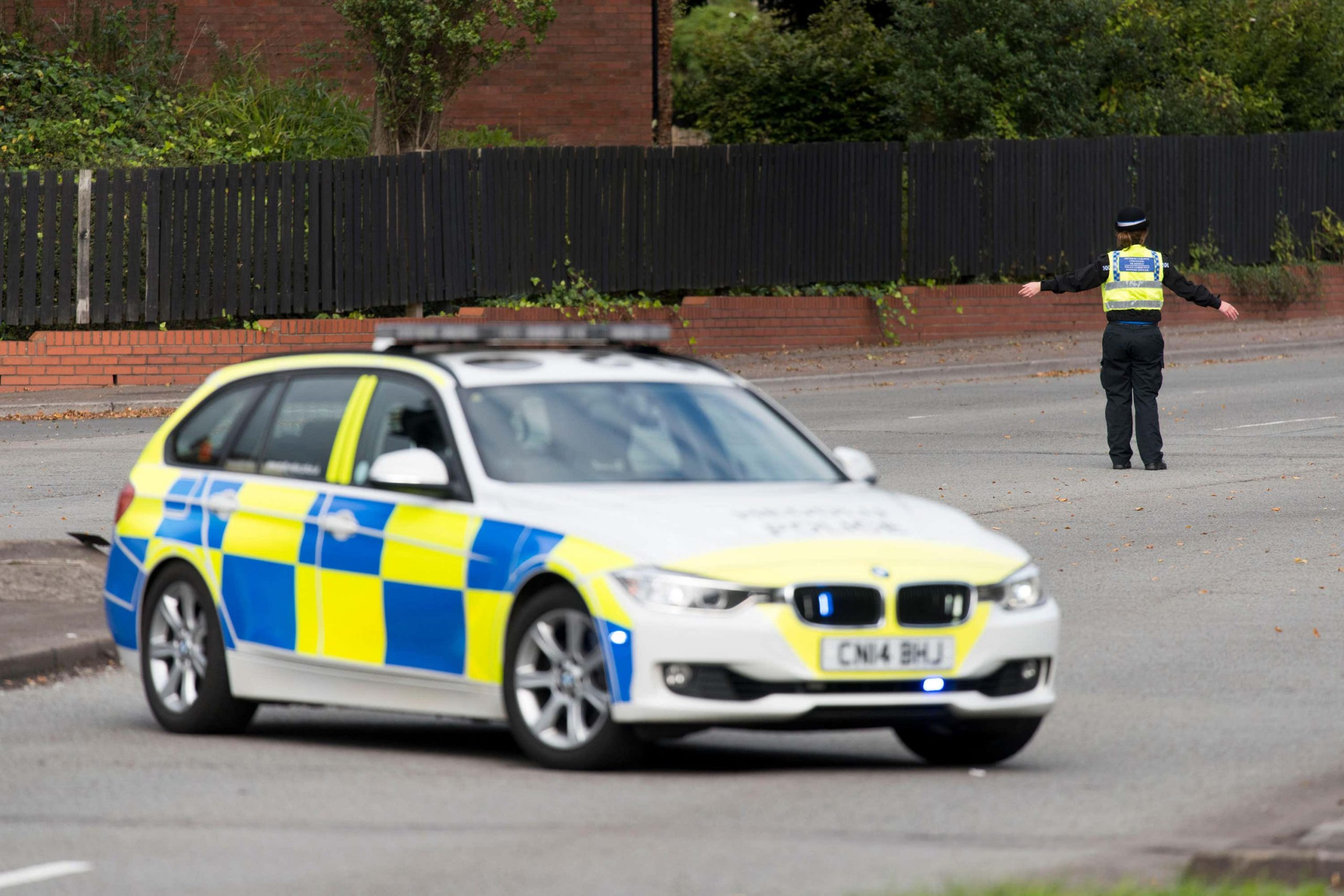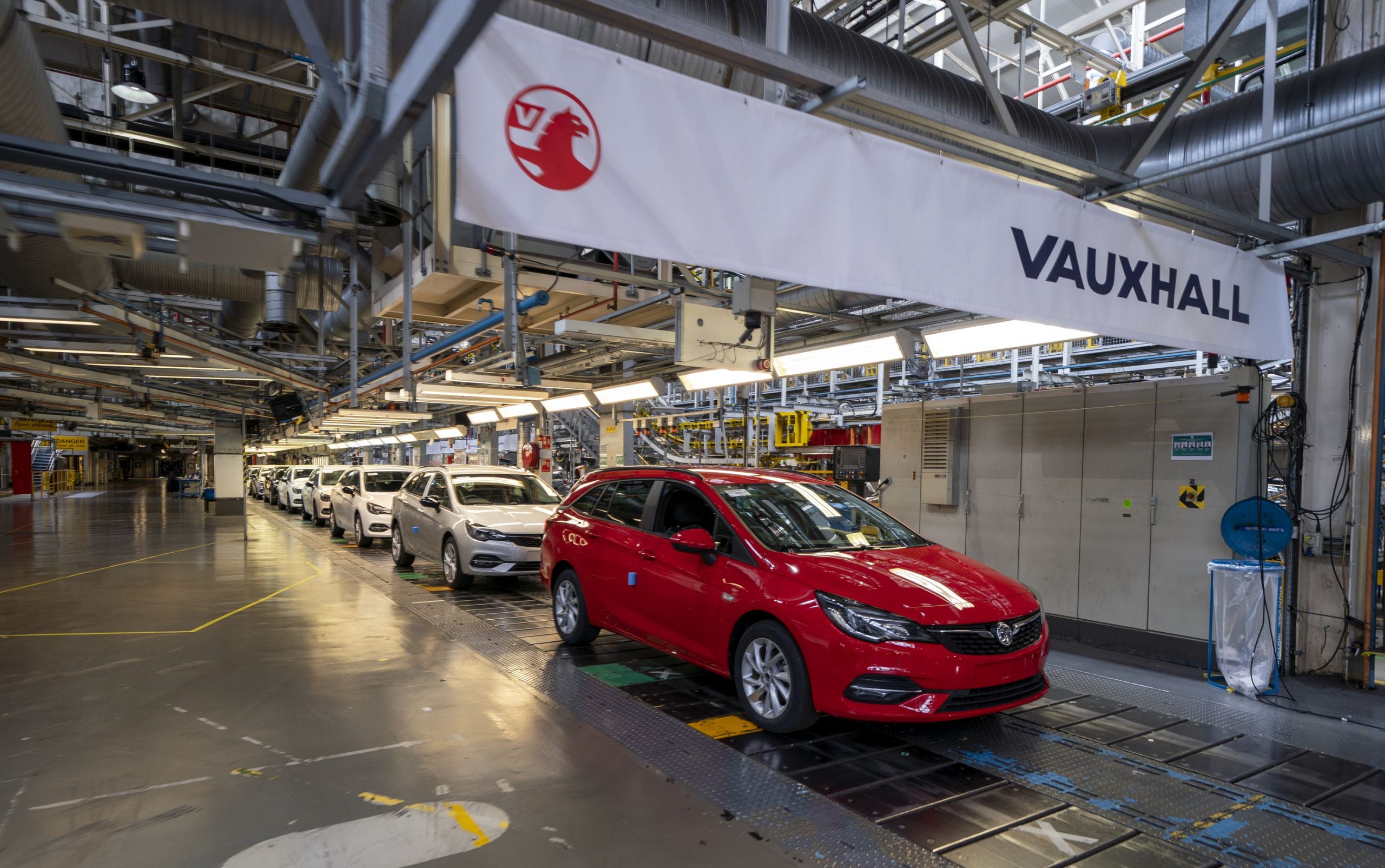The gulf between the number of electric vehicles (EVs) on the road and public charge points could continue for “a number of months or more”, according to a transport minister.
Jesse Norman acknowledged there has been a “disconnect” between vehicles and required infrastructure, citing “rapidly growing” EV purchases as the reason.
But he insisted the Government has plans in place to support expansion, with the potential to make use of billions of pounds of private investment.
The fear of running out of charge – often referred to as range anxiety or charging anxiety – has been cited as a key barrier to people switching to electric motoring.
Mr Norman told MPs: “There are currently over 42,000 public electric vehicle charge points in the UK alongside hundreds of thousands more in homes and workplaces.
“The Government allocated a share of £381 million to every local area in England under the LEVI, Local EV Infrastructure fund, and is also supporting rapid charges along the strategic road network.”
Mr Norman said the Government also provides grants to support the development of charge points in flats, rental properties, residential car parks and workplaces.
But Labour MP Matt Western (Warwick and Leamington) said: “According to The Times it seems the gulf between the number of electric vehicles out on our roads and the number of public charge points has actually doubled in the last year.
“And Logistics UK is reporting that many of their operators with commercial vehicles cannot access these points.
“So it seems the Government needs to do more in terms of planning and to encourage investment. Could the minister update us?”
Mr Norman, in his reply, said: “I take the general point he raises.
“Of course when you have rapidly growing EV purchases, as we do in this country, you are going to see moments where the amount of infrastructure and the amount of vehicles disconnect a little bit and we’ve certainly seen a bit of that recently – and we will do perhaps for a number of months or more yet.
“But what is so interesting is the new zero emissions vehicle mandate allows us to trigger, as I’ve already mentioned, billions of pounds of potential private investment.
“That’s a world-leading intervention by Government and I think it will pay long-term dividends in supporting the expansion of the electric car fleet.”
The Times said industry figures showed that across the UK there were 36 electric cars on the road for every standard public charger last year. It said this compared with 31 at the end of 2021.
The AA this week reported the proportion of EV breakdowns caused by running out of charge has fallen by nearly three-quarters since 2019.
Just 2.1% of callouts received by the AA from stranded EV drivers in the UK during the first five months of this year were for depleted batteries.
That was down from 8.0% across the whole of 2019.
The AA partly attributed this to a spike in the number of public charging devices, with Zapmap figures showing the total has risen from 24,909 at the end of April 2022 to 43,626 at the end of May this year.

